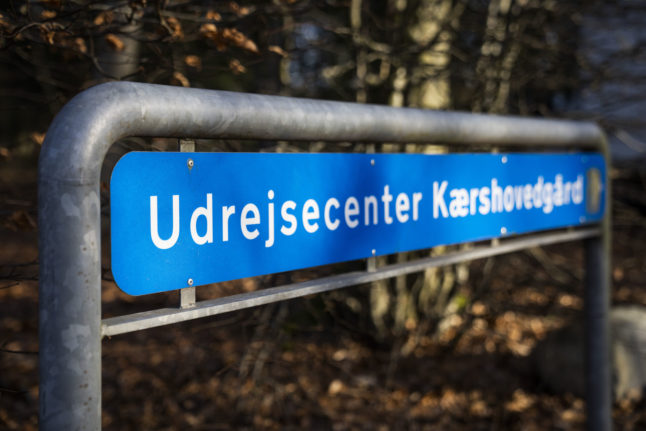The adoption of UK Prime Minister Rishi Sunak’s Rwanda deportation bill does not have any immediate impact on the plans of the Danish government to set up an asylum centre in the African country, according to Immigration Minister Kaare Dybvad Bek.
“It has no direct [effect] because we are working together with other EU countries on a combined solution so that the people smuggling that currently happens across the Mediterranean will be avoided,” Bek said to newswire Ritzau.
The Danish minister called the adoption of the divisive law by the British parliament “enormously positive”.
The first asylum seekers could be flown to Rwanda by UK authorities in July, according to reports by international media including Reuters and the Guardian.
An offshore asylum centre has long been a core immigration policy of Bek’s Social Democratic party. When in office as a minority government, the Social Democrats launched discussions with Rwanda with a view to eventually transferring people seeking asylum in Denmark to reception centres outside the European Union while their requests were processed.
After the party stayed in government as part of a centrist coalition after the 2022 election, the plans were put on hold in favour of establishing a reception centre outside Europe “in cooperation with the EU or a number of other countries”, Bek said at the time.
READ ALSO: Denmark suspends asylum centre talks with Rwanda
The centrist Moderate party, another of the partners in the coalition government, opposes a Danish asylum facility in Rwanda.
“But it’s clear that this is a direction that the whole Western world is moving in. Whether you go to the United States, Great Britain, Canada or Australia, you find they want to stop the way the asylum system works and help people with the greatest need first,” he said.
An EU agreement on the issue will not be forthcoming within the next three months, Bek said.
But the Danish minister said he expects the topic of the asylum system and facilities outside the EU to be on the agenda for the EU parliament following June’s EU elections.
The UK law was eventually passed by parliament despite the Supreme Court of the United Kingdom having earlier ruled it would be illegal, arguing Rwanda may not be able to guarantee the human rights of the deported persons. The bill passed by the parliament on Monday night forces judges to consider Rwanda a safe country in this regard.
Bek said he preferred Denmark to be part of an EU agreement rather than following the UK’s example with a national law.
“A European solution solves more things than a purely Danish one,” he told Ritzau.
“We would be able to get a solution to our risk of large and spontaneous asylum, but we would not solve the actual problem [with a Danish law], which is that thousands of people die in the Mediterranean each year,” he said.



 Please whitelist us to continue reading.
Please whitelist us to continue reading.
Member comments